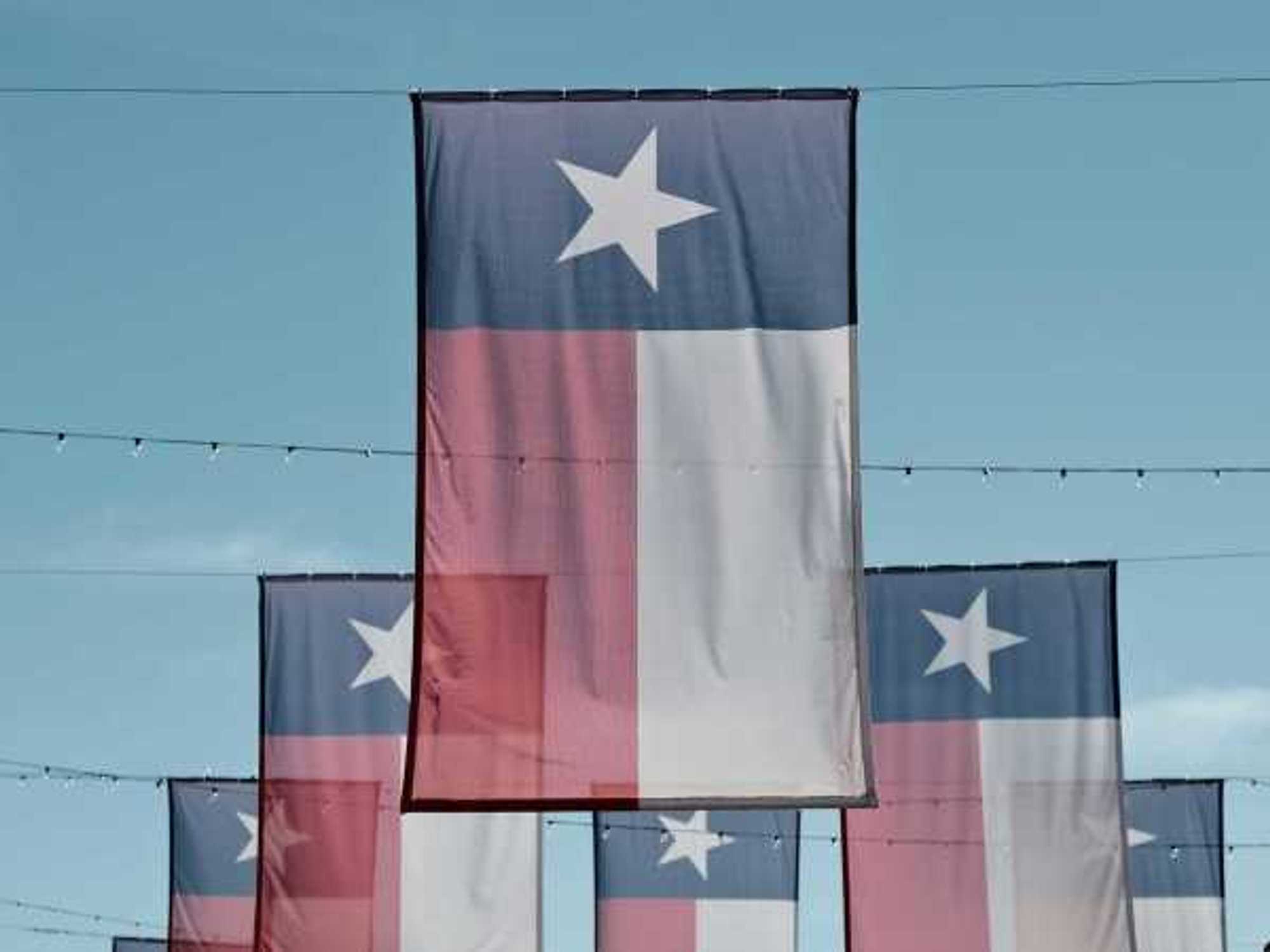COVID-19 News
Texas branded as top state for businesses to survive coronavirus pandemic

A new study has found that businesses in Texas are in a good position to weather the storm that is the COVID-19 pandemic and subsequent economic challenges.
The FitSmallBusiness.com ranking factored in various metrics, from overall financial health and emergency reserves to how consumers feel about their state's ability to bounce back. The researchers weighted five metrics: Economic and financial health (20 percent); least economic stressors (25 percent); emergency reserves and relief (25 percent); COVID-19 rates and health care infrastructure (20 percent); and consumer confidence (10 percent).
Based on the analysis, Texas ranked as the third best state equipped to survive the economic fallout from COVID-19. Texas ranked No. 1 in the study's emergency reserves and relief category, since the Lone Star State has the second highest CARES Act endowment, at over $10 billion.
"The state also possesses adequate economic reserves and offers decent compensation for the unemployed. When these factors are combined with a relatively low cost of living and what is considered to be a pro-business environment, Texas just might be 'the case study for economic recovery from the COVID-19 recession,'" the report reads.
In contrast, New York is ranked at the bottom of the list at No. 50, due to its disproportionate amount of cases and high density in New York City. The top 10 states are as follows:
- Ohio
- South Dakota
- Texas
- Wyoming
- New Mexico
- Arkansas
- Iowa
- Utah
- West Virginia
- Nebraska
Midwestern states did particularly well in the report, due to their low density and lack of tourism. Texas, too, shares these elements, as well as boasting a balance between city and rural environments. Even though Texas is the second most populous state in the United States, it ranks as No. 24 for density. The Lone Star State's economy — the second largest economy by GDP in the U.S. — factored in as well. Plus, the state's economy represents a variety of industries, like agriculture, aeronautics, and computer technology.
"So while the state has indeed taken its share of bumps from the current recession, it seems that it has enough resources to weather the storm," according to the report.
The study, which was published June 22, used data that came from sources such as the U.S. Department of Labor, Moody's Analytics, the U.S. Census, the Tax Foundation, the New York Times, and the Center on Budget and Policy Priorities.
---
This story originally appeared on CultureMap's sister site, InnovationMap.
